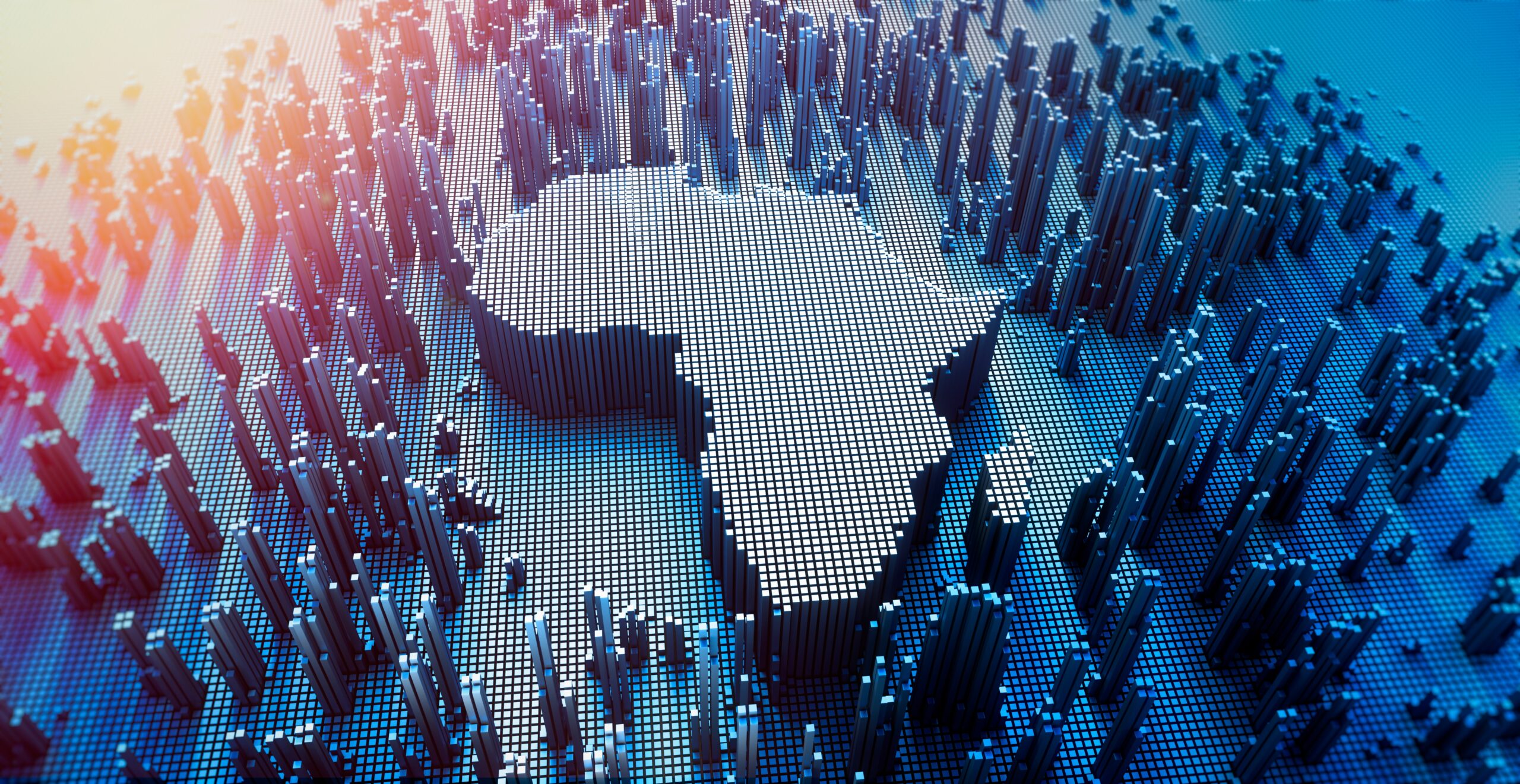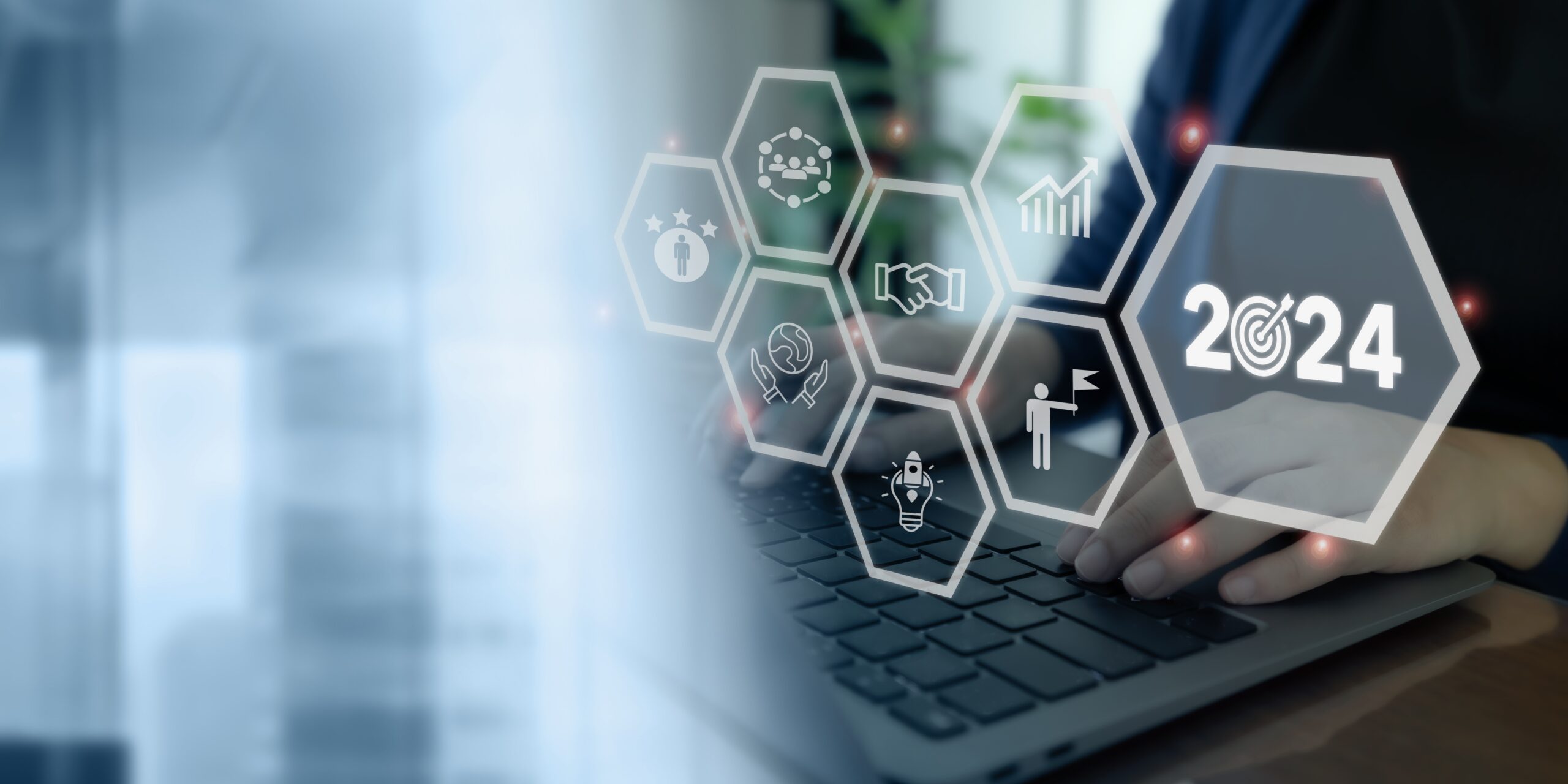Showing results for virg xped app promo code malaysia

FPF-Sponsorship Prospectus-2025-R2_UPDATED 12.19
[…] in event invitations »Officia l recognition during the Reception by FPF Leadership »Oppor tunity to provide (1) promotional item and (1) giveaway via QR code. Must be approved in advan ce by FPF Sponsorship Team »Promi nent recognition of name and logo on signage at event »Compa ny logo on event webpage with link, […]

FPF Submits Comments to Kenya’s Office of Data Protection Commissioner (ODPC) on the Draft Data Sharing Code
On January 6, 2025, the Future of Privacy Forum (FPF) filed comments with the Kenyan Office of Data Protection Commissioner (ODPC) on the 2024 draft Data Sharing Code. We look forward to continued collaboration with the ODPC. Our comments are provided in Annex 1 for consideration. Read our comments in full.

FPF-Sponsorship Prospectus-Singles-Spring Social Cocktail Reception-R2_Updated as on 12.19
[…] in event invitations »Offi cial recognition during the Reception by FPF Leadership »Op portunity to provide (1) promotional item and (1) giveaway via QR code. Must be approved in ad vance by FPF Sponsorship Team »Pr ominent recognition of name and logo on signage at event »Co mpany logo on event webpage with link, […]

Future of Privacy Forum – Submission to ODPC for Proposed Data Sharing Code
1 3 5 0 E ye S tr e et N W , S uit e 3 5 0, W ash in g to n, D C 2 0 005 | 2 0 2-7 6 8-8 9 50 | f p f.o rg 6 J a n uary 2 0 25 O ffi ce o […]

FPF-Sponsorship Prospectus-Singles-DC Privacy Forum-R2_Updated as of 12.19
[…] Luncheon by FPF »Opportunity to make short remarks during the Luncheon (2 minutes) »Opportunity to provide (1) promotional item and (1) giveaway via QR code. Must be approved in advance by FPF Sponsorship Team Our inaugur a l DC Privacy Forum was such a success, we’re turning the DC Privacy Forum into an annual […]

FPF’s Year in Review 2024
[…] AI legislation. Maryland passed the Maryland Online Data Privacy Act (MODPA) as well as the Maryland Age-Appropriate Design Code Act” (Maryland AADC). Following Connecticut’s lead last year, Virginia and Colorado both amended their state privacy laws to add specific online protections for kids’ data. FPF also examined genetic privacy laws from Montana, Tennessee, Texas, […]

FPF-Sponsorship Prospectus-Singles-Annual Advisory Board Meeting-R2_Updated 12.19
[…] on-site promotional materials »Official recognition of sponsor during Opening Remarks »Opportunity to provide (1) promotional item and (1) giveaway via QR code on breakfast tables. Must be approved in advance by FPF Sponsorship Team WELCOME RECEPTION • $8,500 • Evening before event • 1 available »One complimentary event registration »C ompany name and logo […]

FPF-Sponsorship Prospectus-Singles-Spring Social Cocktail Reception-R2_Updated as on 12.19
[…] in event invitations »Offi cial recognition during the Reception by FPF Leadership »Op portunity to provide (1) promotional item and (1) giveaway via QR code. Must be approved in ad vance by FPF Sponsorship Team »Pr ominent recognition of name and logo on signage at event »Co mpany logo on event webpage with link, […]

FPF-Sponsorship Prospectus-Singles-Privacy Executives Summit-R2_Updated as on 12.19
[…] »Official recognition during the program by Summit Leaders »Opportunity to provide (1) promotional item and (1) give away via QR code at each Delegate’s seat. Must be approved in advance by FPF Sponsorship Team FPF PRIVACY EXECUTIVES SUMMIT BREAKFAST SPONSOR • $4,000 • 2 available • sponsor 2 for $7,000 »Company name and logo […]

FPF-Sponsorship Prospectus-Singles-DC Privacy Forum-R2_Updated as of 12.19
[…] Luncheon by FPF »Opportunity to make short remarks during the Luncheon (2 minutes) »Opportunity to provide (1) promotional item and (1) giveaway via QR code. Must be approved in advance by FPF Sponsorship Team Ou r i naugural DC Privacy Forum was such a success, we’re turning the DC Privacy Forum into an annual […]
